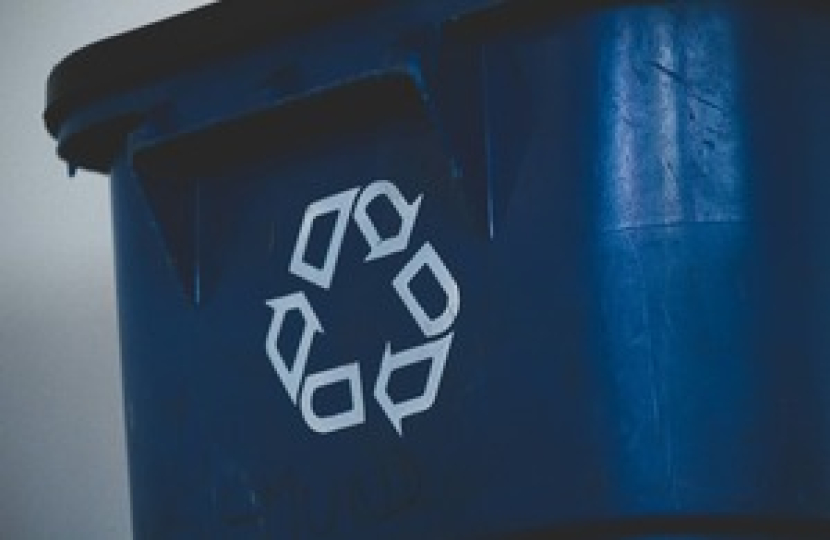
Government has just announced a new, common-sense approach to recycling to make bin day simpler and boost recycling rates for the nation. New simpler recycling collections will see the same materials collected from homes, workplaces and schools, ending the confusing patchwork of different approaches across England.
As announced in October 2023, local authorities and other waste management organisations will be required to collect the same materials from all non-household municipal premises (such as businesses, hospitals and schools) by 31 March 2025 and households by 31 March 2026. Micro-firms (businesses with fewer than 10 full-time employees) will be required to comply with these reforms by 31 March 2027.
Simpler Recycling constitutes a significant step towards meeting our 25 Year Environment Plan commitment to eliminate avoidable waste by 2050 and will help towards meeting our recycling ambition of 65% of municipal (household-like) waste to be recycled by 2035. It will also enable us to make significant carbon savings and is key to meeting our net zero ambitions.
Government has set out how the drive to better and simpler recycling will work, listening to councils who want to avoid streets cluttered with bins while doing what is best for the local community. The government response to the consultation on exemptions and statutory guidance for Simpler Recycling in England confirms arrangements on how recyclable materials can be collected by local authorities and other waste management organisations. Councils will be allowed to collect plastic, metal, glass, paper and card in one bin in all circumstances. Similarly, food and garden waste will also be allowed to be co-collected.
Allowing local authorities and other waste collectors to make these decisions locally will ensure a common sense approach to delivering recycling services and avoid a proliferation of unnecessary bins.
For organic waste, local authorities must provide a weekly food waste collection to all households. Where local authorities choose to co-collect food and garden waste, they can only charge for the collection of garden waste, and collections must still be made weekly. Householders who wish to have only a food waste collection will be entitled to have this for free. We will provide non-statutory guidance for local authorities to support the provision of chargeable garden waste collections and free food waste collections.
Additionally, the Government is supporting more frequent and comprehensive bin collections. A minimum backstop means councils will be expected to collect black bin waste at least fortnightly, alongside weekly food waste collections. This will stop the trend – seen outside England – towards three-weekly or four-weekly bin collections. Councils are also being actively encouraged to make collections even more frequent, to prevent smelly waste from building up outside homes.
It is our intention to introduce regulations as part of the new Simpler Recycling legislation, before summer recess. Subject to the parliamentary process, we will then publish the final statutory guidance.
This legislation sits alongside regulations to underpin the implementation of packaging extended producer responsibility that was notified to the World Trade Organisation and European Union last week and regulations to take forward the implementation of the deposit return scheme for drink containers that was similarly notified in April to form an ambitious set of collection & packaging reforms.
We have also published the government response to the consultation on additional policies related to Simpler Recycling, expanding the list of non-domestic premises in scope of the reforms. Aligning with the Controlled Waste (England and Wales) Regulations 2012, these include places of worship, penal institutes, charity shops, residential hostels, and premises used for public meetings.
The Digital Waste Tracking service, being introduced from April 2025, will be used by waste collectors to record the types of waste collected and which waste is being co-collected under Simpler Recycling. This will help to improve data on recycling services.
The Government is committed to delivering the environmental benefits of its Resources and Waste package of reforms. We will continue to work closely with local authorities, the waste industry and producers to support delivery of Simpler Recycling and ensure readiness for implementation.
